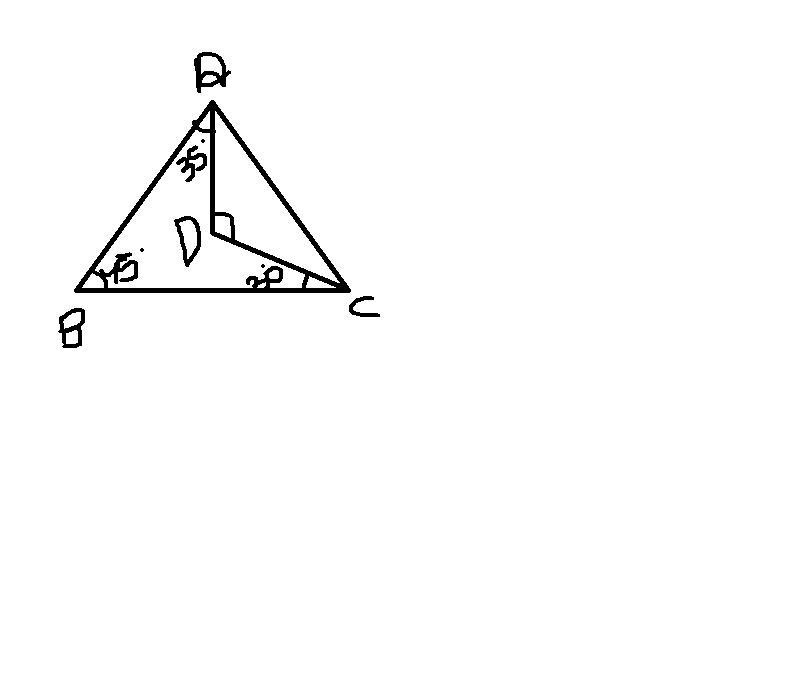SUMMARY
From the Diary of Anne Frank is an autobiography of a young Jewish girl who wrote her thoughts in a diary. At first, she felt it was an unusual experience for her to pen down all her thoughts in pen and paper. She believed that no one in the near future would be interested to read about a young girl’s past experiences from her diary. However, she still decided to write her thoughts in her diary and named it “Kitty”. She considered her diary to be her true and loyal friend as she was lonely and had no friends to talk to. Anne felt that her diary had more capacity to absorb thoughts than people with low patience levels. Further, she mentioned how much she loved her family, especially her adorable father who gifted her the diary on her thirteenth birthday.
On 20th June 1942, Anne stated how her entire class was nervous about their exam results. Although she was confident about other subjects, she wasn’t quite sure about mathematics. She and her friend, G pleaded the students to calm down and not make noise, but all in vain. She felt that about a quarter of the class were dummies who should be kept back in the same class as they did not participate in other activities.
Besides, Anne also mentioned how the maths teacher, Mr Keesing was annoyed by her talkative nature. He would often punish her with extra homework whenever she talked more during his class. In the first punishment, he asked her to write an essay on ‘A Chatterbox’, which in itself was a weird topic for Anne. She gave a good thought about the topic and decided to present convincing arguments in her essay, justifying her points in support of talking. She mentioned that she would try to improve herself but she could not do anything about the trait that she inherited from her mother. When her teacher read the essay, he found it amusing and assigned her a second essay ‘An Incorrigible Chatterbox’ for her unreformable talkative nature.
However, during the third lesson Mr Keesing had read enough of her justifications and assigned her another topic entitled, ‘Quack, Quack, Quack, Said Mistress Chatterbox’ as a punishment for her incorrigible habit. Anne almost ran out of thoughts after writing essays on similar topics previously. This time she took the help of her friend, Sanne who was good at poetry and wrote the essay from beginning to end in satirical verse. When her teacher read the essay he took it lightly and thoroughly enjoyed it. Since then, Anne was allowed to talk in class and was never assigned any extra homework by Mr Keesing.
MORAL
I would be hesitant to reduce Anne Frank’s diary to one moral or to even a few morals. Anne Frank is one of the most iconic individuals in Western history and perhaps in the world. Yet remember, before Anne became an icon, she was a person. She had flaws and prejudices like any other person.
Perhaps I've inadvertently stumbled on a moral you could talk about. You could discuss how honest and truthful Anne is. Even when it makes her look bad or unfavorable, Anne writes it down. Anne doesn't seem to feel the need to repress or censure her feelings. She’s completely—sometimes cruelly—honest.
There's many examples of Anne's loyalty to her true feelings. Some are negative and some are positive. The ones that are more negative tend to link to her mom. As you might already be aware, Anne had a contentious relationship with her mom. “I only look at her as a mother,” writes Anne, “and she just doesn’t succeed in being that to me.” Anne is harsh. Yet sometimes honesty is harsh.
Of course, not all of Anne’s honesty relates to harshness. She’s also sincere and forthright about her developing sexuality and her attraction towards girls. Anne’s candidness has to lead to censorship. Her father removed some outspoken passages before it was first published in 1947. More recently, in 2013, a parent tried to get the book banned due to its explicit passages.
Besides unconditional honesty, another moral or virtue that comes to mind is "be yourself." It might sound cliche or trite, but Anne’s diary is a testament to the power of remaining true to who you are. It doesn’t seem like Anne tries to simplify or confine herself to one kind of person. Throughout her diary, Anne is sad, happy, amorous, manipulative, sweet, vindictive, selfish, generous, and more. Basically, Anne is a dynamic person. Her loyalty to her complicated, messy, ever-changing identity seems like a central virtue—or moral—to me.
PLEASE MARK ME AS BRAINLIEST
._THANKU_.


